 | Trump has won the 2024 Election with a clear margin. At the time of writing, Trump leads 3% in popular vote and 301-226 in Electoral College. This result was to the dismay of pollsters and pundits, who predicted a tight race. They once again got Trump's votes wrong by a whopping 3 percentage, just like they did in 2016, 2020, prompting questions about whether the Shy Trump vote. The ones who got the election rights were not the pollsters and pundits, but the betting markets like Polymarket, Kalshi, etc, where millions of people around the world pouring $3 billion dollar worth of liquidity to bet on who will win the election. The betting odds have Donald Trump consistently at 65% weeks before the election and 58% the day before the election, despite a slew of good polls for Kamala Harris. Polymarket was way ahead of the polls leading up to the election This was not the first time betting markets show signs of being ahead of the mainstream media and pundits. Back in May, mainstream media outlets declared that Biden age was not an issue. Paul Krugman declared that Biden "is in full possession of his faculties — completely lucid and with excellent grasp of detail." while Morning Joe saying that "this Biden is the best Biden he has ever seen". Yet Polymarket audiences do not fully trust this news, pricing in a 10% odds of Biden being replaced, which has proven to be correct. The site also gained popularity for early resolving the soundness of Room-Temperature Superconductor, predicting Trump introducing a Strategic Bitcoin Reserve. What's interesting is that unlike traditional sports betting where the odds are decided by the house, this election betting odds was fully decided by the people's bets. The site touts that their betting odd aggregation represents the "Wisdom of the crowd". Was their success a mere luck? Or is there something fundamental about betting markets that help the everyday crypto bros thirsty for money beat the experts at their game? Betting Market as a Truth Seeking mechanismBetting market is a marketplace where participants buy shares on a claim of $1 if a certain condition (such as Trump / Kamala wins the election) turns out to be true. Obviously, it is not certain either would win the election, so one would only buy the shares for the price less than they believe is the actual odds of their side winning. No one would buy Trump for 90 cents if they only believe his chance of winning is 50%, but might buy Kamala for 30 cents if they believe Kamala can win 70 cents, since the difference represents the discount of the bets. However, the act of buying a share will also push the price of that share up as demand increases, while selling pushes their share down as demand decreases. The pricing of shares works in such a way that the two opposite sides simply provide the rewards for the others, while the house takes a small transaction fee. Letting the orderbook play out, we have a marginal price that should represent the aggregated opinion of all market participants, weighted by the bet volume of the market participants. This mechanism creates three important dynamics: + It creates an incentive for insiders to introduce knowledge to the market. For example, if someone in the Kamala campaign knows that she has a major gaffe, they could buy Trump low, pushing the price of Trump (and the market opinion of Trump winning) up. They effectively get paid to introduce knowledge. This makes the betting market both a great aggregator of news and a funding source for truth seeking journalism. + The bigger the liquidity, the more interested society is in having an answer to a question. This opens up a major funding source for big social science research questions in the form of betting opportunities. Rather than seeking funding from the government, a business can literally try to just place the correct bet by investing into a team of researchers and hope that they can bring profit by answering the question correctly. Funding sources can reach billions of dollars in liquidity. + Protects against news manipulation by effectively flowing the money of dishonest actors to honest actors. Suppose that one camp wants to manipulate the news, they can massively causes one side to go up. While their behaviors can make it seem like the market is changing their thoughts, they effectively create opportunities for truth seekers by further discounting the price of the truth, creating an opportunity for bigger profits. In this manner, the free market becomes a real time weighting of different news sources that incentivize honest reporting and is resistant to manipulation and censorship. As an example, a netizen from France named "Theo4" places a $30 million bet on Trump winning the popular vote (an even tougher bet than Trump winning the electoral college) at 26 cents. At the time, most polls had Trump and Harris either in dead heat or Harris up by 1 or 2 points. Yet this individual figured out that the people who are polled might answer more honestly if he asked "Who do you think your neighbor will vote for?" instead of "Who would you vote for?". He effectively sampled people's neighbors instead of people themselves, which doesn't make a difference in sampling population but makes a difference in truthfulness. The person realized that Trump is massively ahead of Harris, placed a big bet and won a handsome profit. We can see that in this example, the market liquidity becomes both an indication of interest and a funding source, rewarding the people who can solve problems and have skins in the game. We also see that it wasn't the experts or the pollsters or the social science researcher who solved the Shy Trump Vote problems, but a random netizen who wants to make money. The market was able to sample his genius purely by its own incentive mechanism. Crypto is the vehicle of trust in the 21st centuryThe rise of crypto and betting markets have to be put in context of the overall history of the Internet. The Internet has completely democratized the news space. Everyone can have their own newsletter and TV channel. This has resulted in two major trends. (1) It creates significant opportunities for individuals to spread their ideas and influence. Glenn Greenwald, the journalist who broke the NSA story with Edward Snowden, starts not with a journalism degree but a blog post. Julian Assange, author of Wikileaks, was a computer programmer. (2) There is an incredible rise in the amount of consumable content, spams and clickbait to capture human's attention. Spam is a problem as old as the internet. It is a problem because it is a productive industry where the cost of content creation is near 0, while the reward for successfully capturing attention is enormous. The democratization of news has weakened the influence of traditional media outlets like New York Times, Washington Post, CNN, MSNBC, Fox News, etc. Instead of using their massive funding to create stories of equal quality as the aforementioned journalists, they have joined in the attention seeking games. News have become clickbait and partisan, designed to validate the reader's bias and keep their subscriptions rolling. The huge economic incentives for biased news increasingly drive the traditional press away from their original truth seeking mission. As a matter of fact, New York Times gain their majority of revenue from cooking and gaming subscription, while their journalism basically operates at a loss. We are now living in the era of Artificial Intelligence, where content creation is getting increasingly cheaper, almost to the point of spams. To maximize attention, all contents are generated, personalized and tailored to individual preference, creating a universal truth deficit. As we got further and further into our own bubbles, and as content creation costs go down to zero, there is a need to reintroduce rewards for truth seeking, as well as "skin in the game", where someone not only makes a statement, but "puts the money where their mouth is". This is where crypto comes into play. As early as 2002, Adam Back invented Hashcash, the precursor to Bitcoin proof-of-work. He was not necessarily trying to solve the problem of money, but the problem of spams by introducing a small friction, requiring people to do some work before publishing. It was thought that people would not act dishonestly if the act itself already has some economic cost upfront. Others would also trust the act more, given that the actor has performed a guaranteed economic loss. It is both a trust introducing and trust transmitting vehicles. 22 years after the Proof-of-work papers, we have Bitcoin, a token system that is decentralized, voluntary, and censorship resistant with a total market cap of $1.5 trillion. It grows alongside a vibrant ecosystem of token blockchain with staking, mining and betting services that are completely borderless and uncontrolled by the classical manager of money. It develops a $120 billion market cap for dollar stablecoins, which the populace of North Africa has an easier time trusting than the currencies controlled by their federal reserve. And now, we see crypto betting markets gaining $160 billion worth of liquidity and a level. These decentralized institutions could not have been popular without the fact that trust in governmental institutions has declined for the past 50 years. A new model of journalismThe new model of journalism will be based on market, not reputation The combination of news and betting markets give birth to new truth models. No longer do we have an audience following "experts" with PhD degrees providing their opinions on pre-determined "authoritative" news channels like NYT or MSNBC. In the new world, everyone can be a journalist. With a professional grade camera, microphone and typewriter in the pocket, anyone can talk to people on the ground, or publish their own research and opinions. Platform providers put the NYT, CNN, MSNBC, Fox News alongside the new alternative media in an open public square of information. No one can know for sure what are truths and lies among the overload of news, so it would be the job of the betting markets to sort it out, and give an aggregated price that represents the average wisdom of the crowd on what quality news should be focused on, and what redundant news should be discarded. This does not mean the death of news. Far from it. The free market still needs input to decide what is the best aggregation. We have seen that the market is not always correct and can overreact to bad inputs. 2 days before the election, a poll by Ann Seltzer has Kamala Harris up in Iowa by 3 percentage points. Trump ended up winning the state by 16 points, proving the poll way off, but at that time, the news of the poll significantly increased the odds of Kamala Harris winning from 35% to 50% before dipping back down to 42% the day before the election. This is the first case study of how betting markets remain sensitive to fake news, but that the monetary incentive to truth seekers is such that mistakes are corrected relatively quickly. French Authority already thinks of cracking down betting markets It remains to be seen whether the free market can be better at being more resilient to wrong news or market manipulation over time. One thing remains certain: If the odds deviate from the truth, it creates arbitrage incentives for truth seekers. Much like Proof of Work requires skin in the game, governments and propagandists cannot manipulate the bets without incurring enormous economic costs which actually become rewards for honest truth seekers. Combined with a censorship-resistant payment network, it represents a significant threat to power establishments who want to control the flow of information and the truth. We have already seen the first sign of the establishment taking this threat seriously by the French authorities planning to ban Polymarket, an ironic act given the fact that one of their countrymen just successfully took 50 million dollars from the business. "If Crypto is libertarian, then AI is communist" - Peter ThielIn the 1970s, there were two competing visions of the Internet. The vision that we came to know about the internet was one by the United States, where individuals connect with each other peer-to-peer. Information passes around voluntarily in a decentralized, free market manner. Lesser known was the vision by the Soviet Union, where the internet merely introduced a connection between each individual and Gosplan (the Soviet central planning committee). Each individual merely provides production input and information, while the Gosplan uses sophisticated methodology and calculation to calculate the exact supply and demand required, and allocate resource and production accordingly. With the fall of the Soviet Union, the United States vision won a resounding victory in the 20th century, birthing the open-source software institution protected by the 1st amendment, which I personally regarded as among the US greatest achievements. Yet the 21st century saw the comeback of the Soviet vision. Big Techs have increasingly centralized the internet by offering free products in exchange for your data and infinitely satisfying short-term dopamine surge. Surveillance capitalism has become rampant, where every ad and product recommendation is tailored by every movement and action packaged in the data we have sold. These are the capabilities that the Soviet secret police of the old could only dream of. Artificial Intelligence, for all its beauty and convenience, is a technology that inherently rewards the already existing data monopoly. The already dominant positions that these tech companies have will only worsen the surveillance situation, strengthening the matrices that we are part of. If you are a fan of a decentralized, free and open internet, the vision that the United States used to champion, then Crypto is your best bet. It is a decentralized, peer-to-peer information transmitting system designed not to be under government control. It reflects the truth not by being the arbiter of truth, but by creating reward incentives for truthful actors. It weighs the abundance of data that we produce by the money that individuals are willing to stake for that information. The rise of chatbots and betting markets in 2024 have cemented the role of AI and crypto in the information world. Our future will be shaped by these two beautiful, yet ideologically opposite technologies. Those who master these two technologies hold the key to winning the 21st century. Which technologies do these masters prefer, and the fate of the world with it, remain to be seen. [link] [comments] |

You can get bonuses upto $100 FREE BONUS when you:
💰 Install these recommended apps:
💲 SocialGood - 100% Crypto Back on Everyday Shopping
💲 xPortal - The DeFi For The Next Billion
💲 CryptoTab Browser - Lightweight, fast, and ready to mine!
💰 Register on these recommended exchanges:
🟡 Binance🟡 Bitfinex🟡 Bitmart🟡 Bittrex🟡 Bitget
🟡 CoinEx🟡 Crypto.com🟡 Gate.io🟡 Huobi🟡 Kucoin.
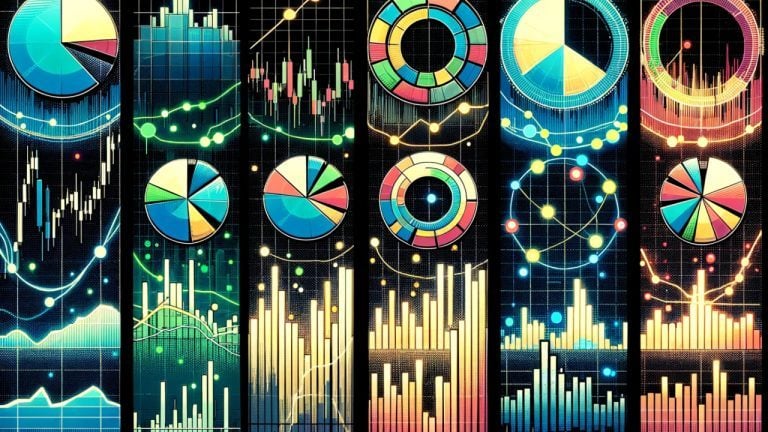


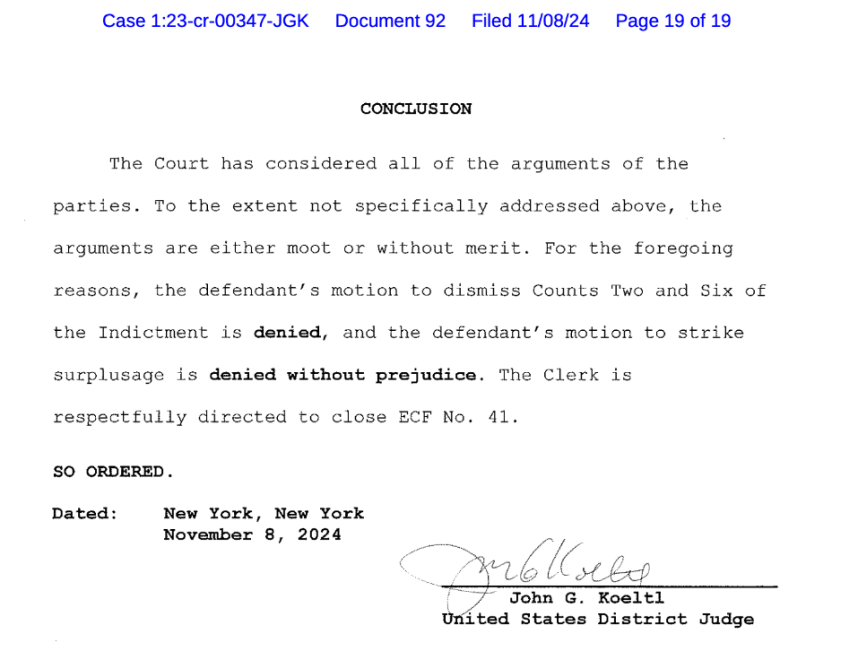
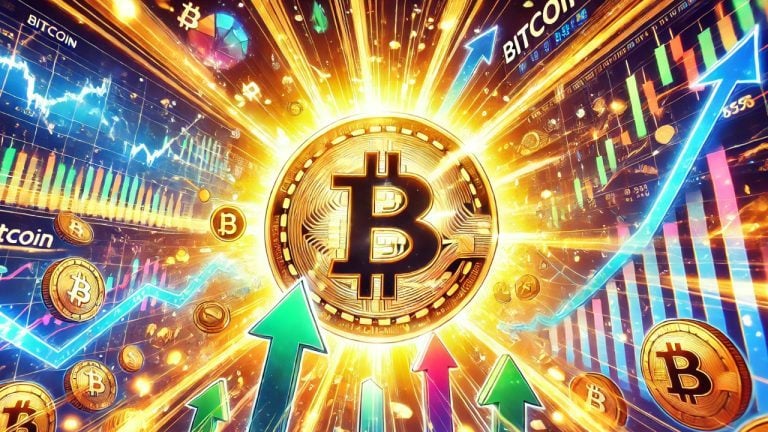
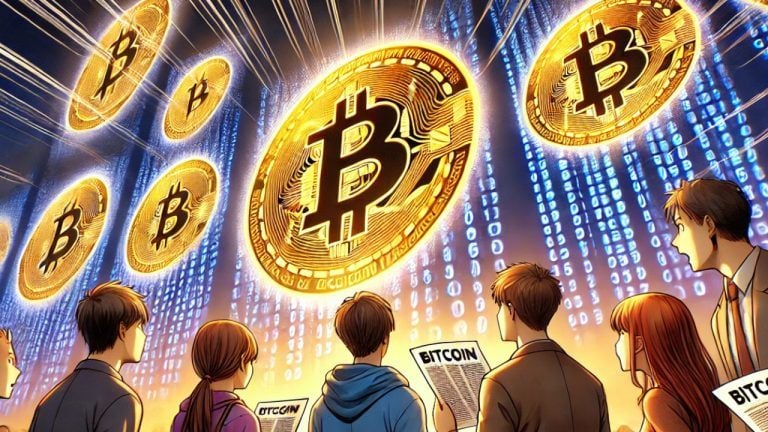
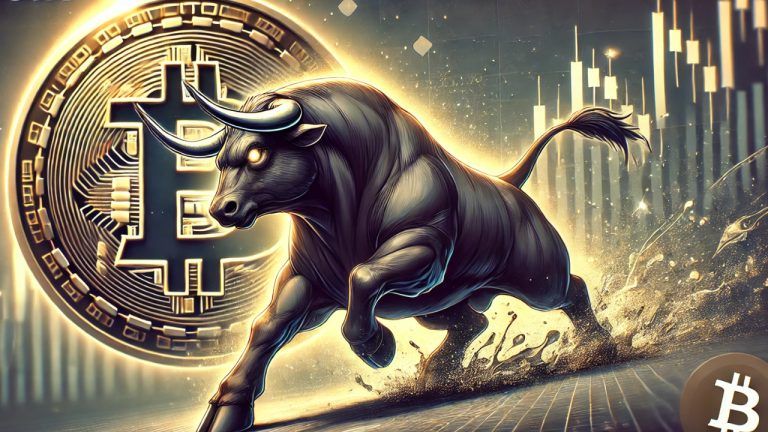

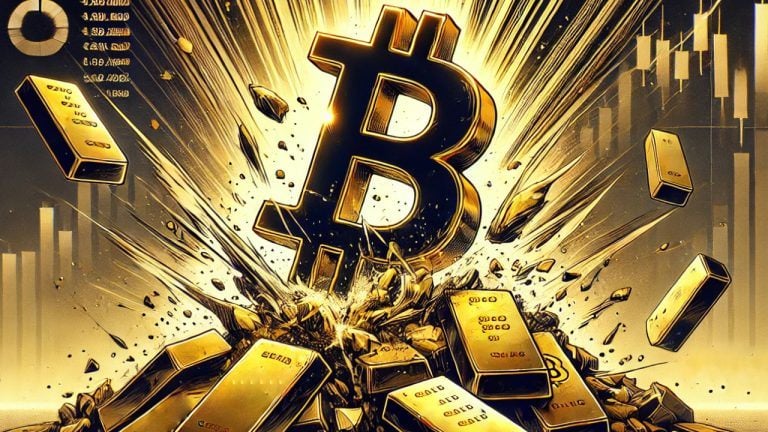



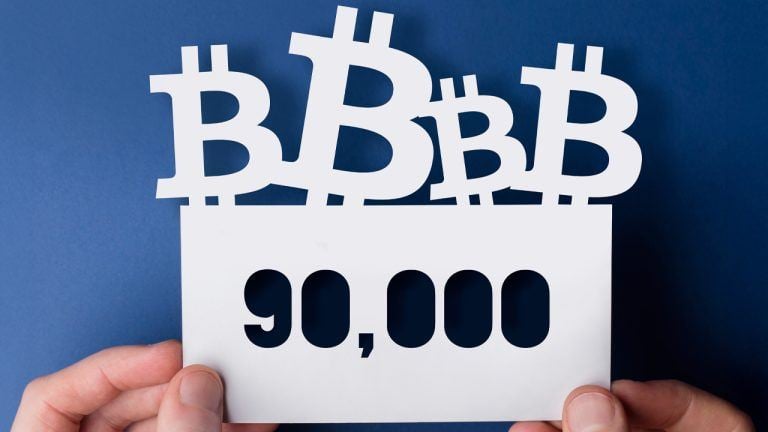
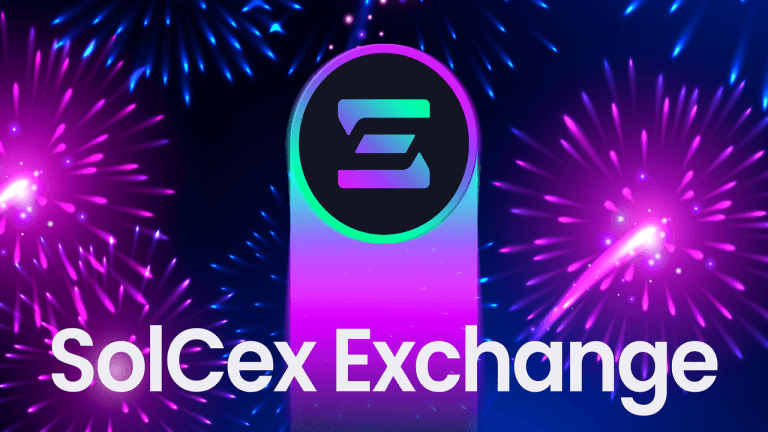
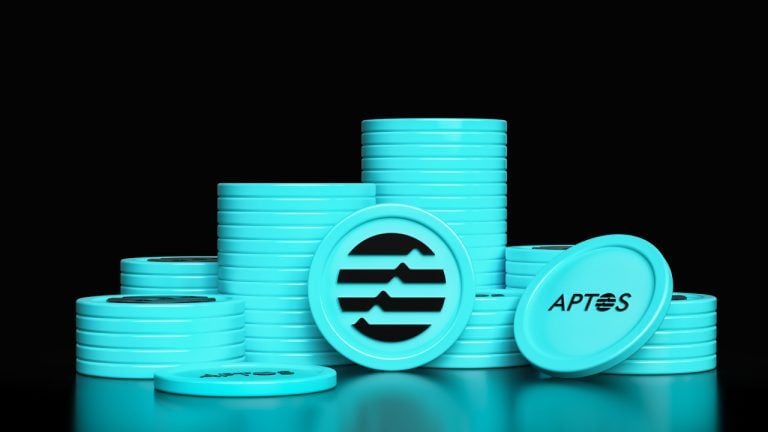
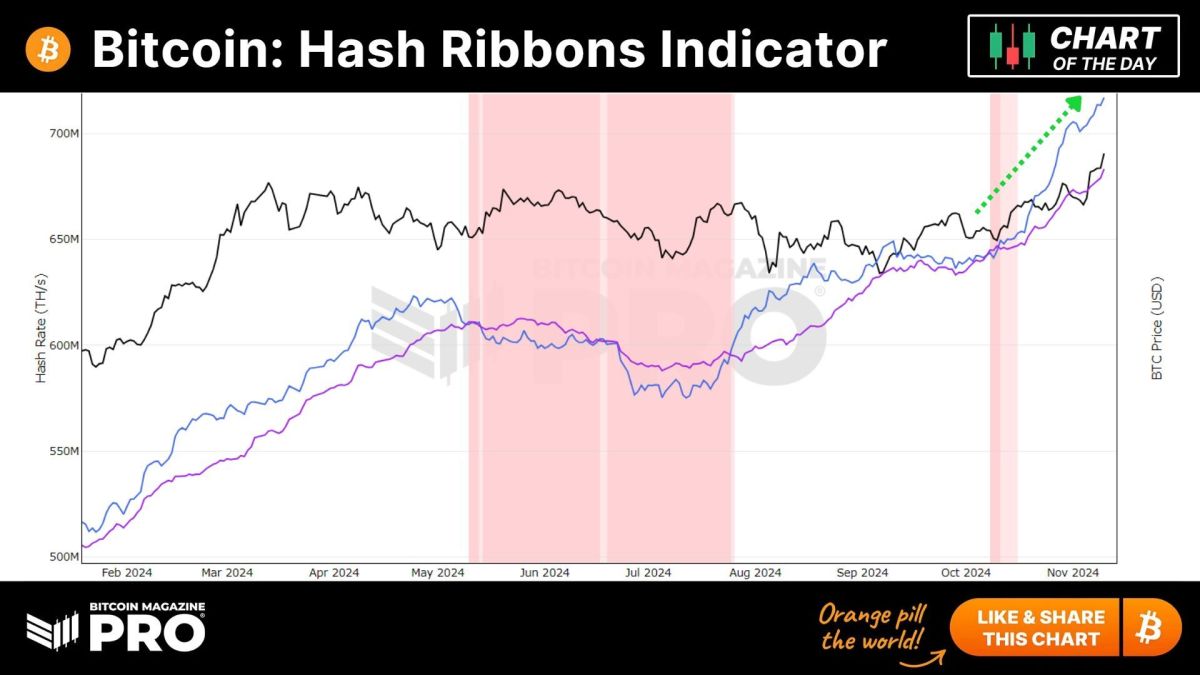

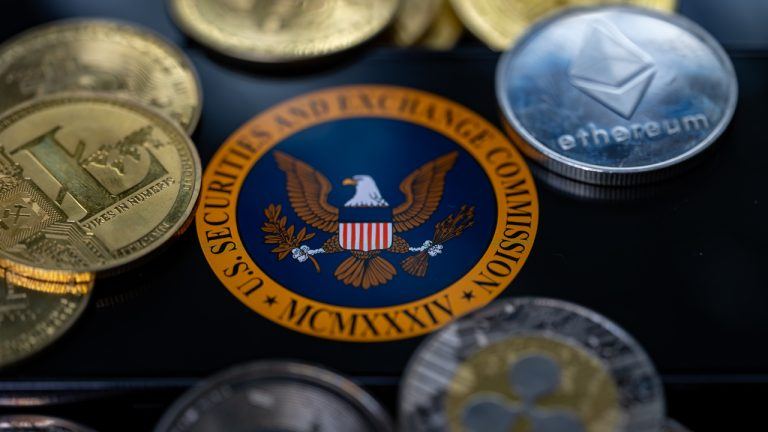


Comments